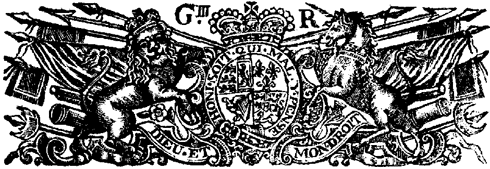

The First Foot Guards
We are a Revolutionary War
reenactment group based in Boston MA,
accurately portraying the royal household regiment that is now known as
The Grenadier Guards
The failures
of the army started to become apparent during the Crimean war, when WH Russell
of The Times reported extensively and critically on the poor logistics and command
system, led by many aristocratic officers who were completely inept.
Prime Minister WE Gladstone appointed Edward Cardwell as Secretary of State
for War in 1868, and the abolishment of the Purchase System began. Despite the
howl of opposition from those who held commissions, the reform had the support
of Queen Victoria. These 'Cardwell Reforms' instituted a radical change to granting
military rank and promotion: men now had to earn their rank.
When the Regulation of the Forces Act came into effect on 1 November 1871 there
were 6,938 army officers with vested rights, and these men were monetarily compensated.
The Cardwell Reforms had another pervasive effect - they changed the way the
regiments would be named, changing their designations from the numerical to
the territorial. Interestingly, this created a long-lasting local pride in regiments
which now carried names like 'The Manchester Regiment'. Such tradition made
consolidation of the regiments in the late 1900s even more difficult.
For example, the 23d Foot, a line infantry regiment which originated in Wales,
became known by the official title of "The Royal Welch Fusiliers."
The
Royal Warrant
dated 20 July 1871
VICTORIA R
Whereas by the Act passed in the session holden in the fifth and sixth years
of the reign of King Edward VI, chapter 16, intitled 'Against buying and selling
of offices', and an Act passed in the forty-ninth year of the reign of King
George III, chapter 126, intitled 'An Act for the prevention of the sale and
brokerage of offices', all officers in our forces are prohibited from selling
or bargaining for sale of any commission in our forces, and from taking or receiving
any money for the exchange of any such commission, under the penalty of forfeiture
of their commissions and of being cashiered, and of diverse other penalties,
but that last mentioned Act exempts from the penalties of the said Act purchases
or sales or exchanges of any commission s in our forces for such prices as may
be regulated and fixed by any regulation made or to be made by us in that behalf.
And whereas we think it expedient to put an end to all such regulations, and
to all sales and purchases and exchanges for money of commissions in our forces,
and all dealings relating to such sales, purchases or exchanges.
Now, our will and pleasure is that on and after the first day of November in
this present year, all regulations made by us or any of our royal predecessors,
or any officers acting under our authority, regulating or fixing the prices
at which any commission in our forces may be purchased, sold, or exchanged,
or in any way authorizing the purchase or sale or exchange for money of any
such commissions, shall be cancelled and determined.
Given at our court at Osborne, this twentieth day of July in the thirty-fifth
year of our reign.
By Her Majesty's command,
EDWARD CARDWELL
On army commissions in The Guards
NEXT
ARTICLE
Go to
"This Date in History"
Click